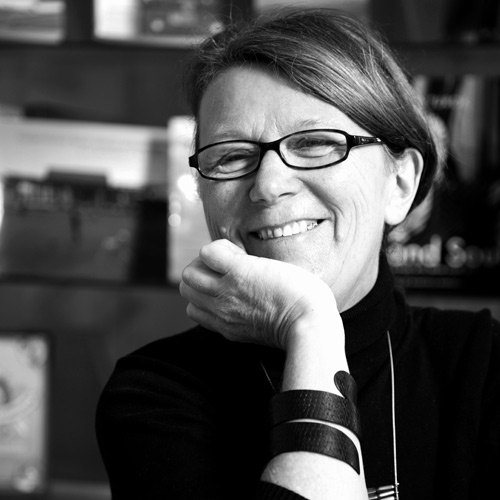‘Digital indicates an ever-changing, ever-challenging way of telling stories’

Alison Lowry: Digital ready The development of the Amazon Kindle — now in its third generation — has sparked the digital publishing world. For Africa, which still faces low literacy levels, a weak culture of reading and competing basic needs, this means catching up with the provision of even the most basic information and communication technologies.

Bridget Impey: Striking a balance It does not mean the end of the traditional book trade, but South African publishers are willing to engage new models, says Alison Lowry, chief executive of Penguin Books South Africa.
“We are involved as a company in the digital conversion of our books. On the international stage the Penguin Group is in the forefront of digital publishing and selling e-books is a significant part of our business,” she says.
“Digital publishing and e-books is a new arena in our home market, however, and devices are only gradually becoming available here; but we will be entirely ‘digital ready’ to meet the demand when the demand is there.”
Book prices are generally high in South Africa, compared with other countries, and the prices of e-books are going to be fairly high too. Lowry does not see this affecting the market much.
“If you tap into the international debate around price parity and e-books right now, you’ll find that it remains vigorous and ongoing. At the moment most e-books are priced at the current paper copy edition that is on the market.
“The South African book market is small and our sales and print runs are often modest. The industry has also been affected by a challenging retail climate but the publishing that is being done in this country remains vibrant, interesting and relevant,” Lowry says.

Jonathan Ball: Books won’t die It is time to accept all things digital and publishing in any format is here to stay.
“Digital is more about format than content and the appetite for content doesn’t appear to be on the wane,” Lowry says.
“Digital indicates an ever-changing, ever-challenging way of producing content and ideas, telling stories and passing on information.
“Whether the end user prefers to get these things on a hand-held device with a battery, between paperback pages where you can mark your spot with a magnetic bookmark, or entirely online — all of these ways of receiving entertainment or knowledge are being embraced by publishers, not rejected by them,” Lowry says.
“Our authors still have to make up the stories you want to read — and one way or another we’ll make sure you’ll get to read them.”
Penguin Books SA won the 2010 Sefika Award for Best Trade Publisher of the Year